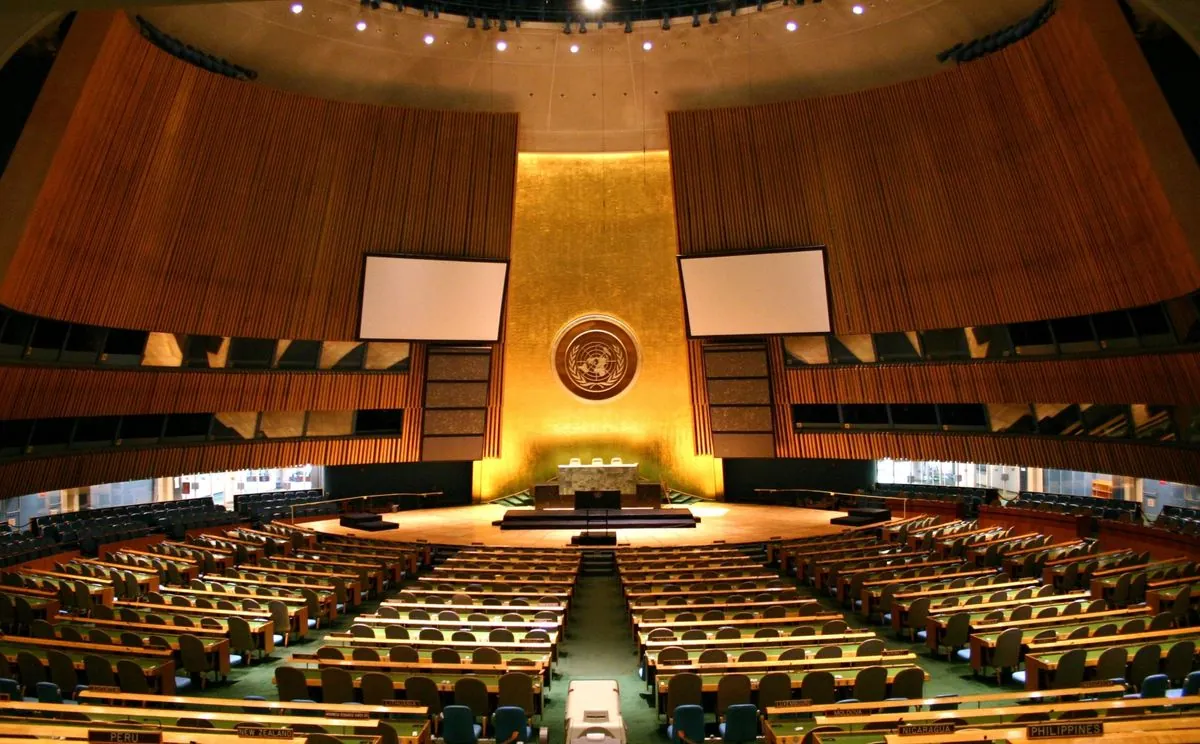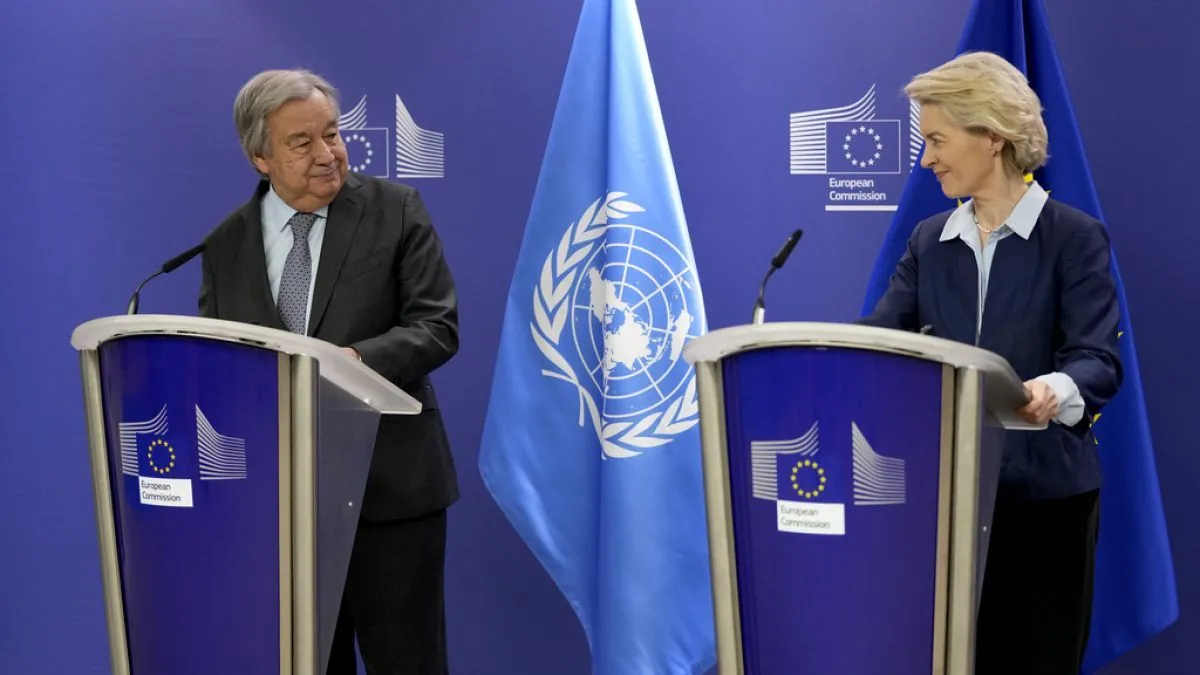UN Assembly Overshadowed by Lebanon Conflict as Global Leaders Convene
As the UN General Assembly begins in New York, Israeli strikes on Hezbollah targets in Lebanon escalate tensions. World leaders gather amidst concerns over the UN's effectiveness in conflict resolution.

The United Nations General Assembly's high-level week commenced on September 24, 2024, in New York City, against a backdrop of escalating tensions in Lebanon. The annual diplomatic gathering, established in 1945, found itself overshadowed by recent events in the Middle East, highlighting the organization's challenges in maintaining global peace.
Israeli forces conducted extensive operations against Hezbollah targets in Lebanon, marking the most significant military action since October 8, 2023. This development threatened to divert attention from the assembly's agenda, which typically focuses on global cooperation and sustainable development.
The conflict underscored the UN's limitations in conflict resolution, particularly the Security Council's inability to broker a cease-fire or secure the release of hostages. This ineffectiveness has been a recurring issue, with the UN winning the Nobel Peace Prize 12 times but struggling to prevent regional conflicts from escalating.
Despite the tense geopolitical climate, New York City welcomed over 100 world leaders and their delegations. The event showcased a mix of diplomatic proceedings and celebrity appearances, with notable figures such as Meryl Streep and Edward Norton participating in UN-related events.

António Guterres, serving his second term as UN Secretary-General since 2017, expressed grave concern over the situation in Lebanon. However, the organization's response appeared limited to verbal condemnations, lacking concrete actions to de-escalate the conflict.
The United States announced increased military presence in the region, while Iran's President Masoud Pezeshkian stated Tehran's desire to avoid a wider regional war. This diplomatic dance occurred as the UN, with its 193 member states, continued its scheduled discussions on organizational reforms and future goals.
Ukrainian President Volodymyr Zelensky's visit to the United States added another layer to the complex diplomatic landscape. Scheduled to address the General Assembly on September 27, Zelensky aimed to present a "victory plan" to President Joe Biden during their meeting on September 28.
In a separate development, Russia's attempt to modify the proposed "Pact for the Future" was overwhelmingly rejected by 143 nations, demonstrating the international community's resistance to efforts undermining the UN's progressive agenda.
As the UN marks its 79th year since its charter was signed by 51 countries, it faces the challenge of proving its relevance in a world grappling with multiple crises. With a budget of approximately $3.4 billion for 2024 and over 100,000 peacekeepers deployed worldwide, the organization strives to fulfill its mission of maintaining international peace and security.
The ongoing events serve as a reminder of the UN's complex role in global affairs, balancing diplomatic initiatives with the realities of international conflicts. As world leaders continue to arrive in New York, the international community watches closely to see how the UN will address these pressing challenges and work towards its 17 Sustainable Development Goals set for 2030.
"My suggestion is: Let us end the discussion about red lines."
This statement reflects the growing sentiment among some nations to support Ukraine's calls for expanded authority in its conflict with Russia, adding another dimension to the complex geopolitical discussions taking place at the UN General Assembly.


































